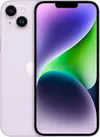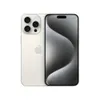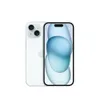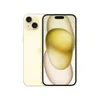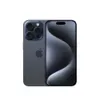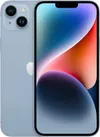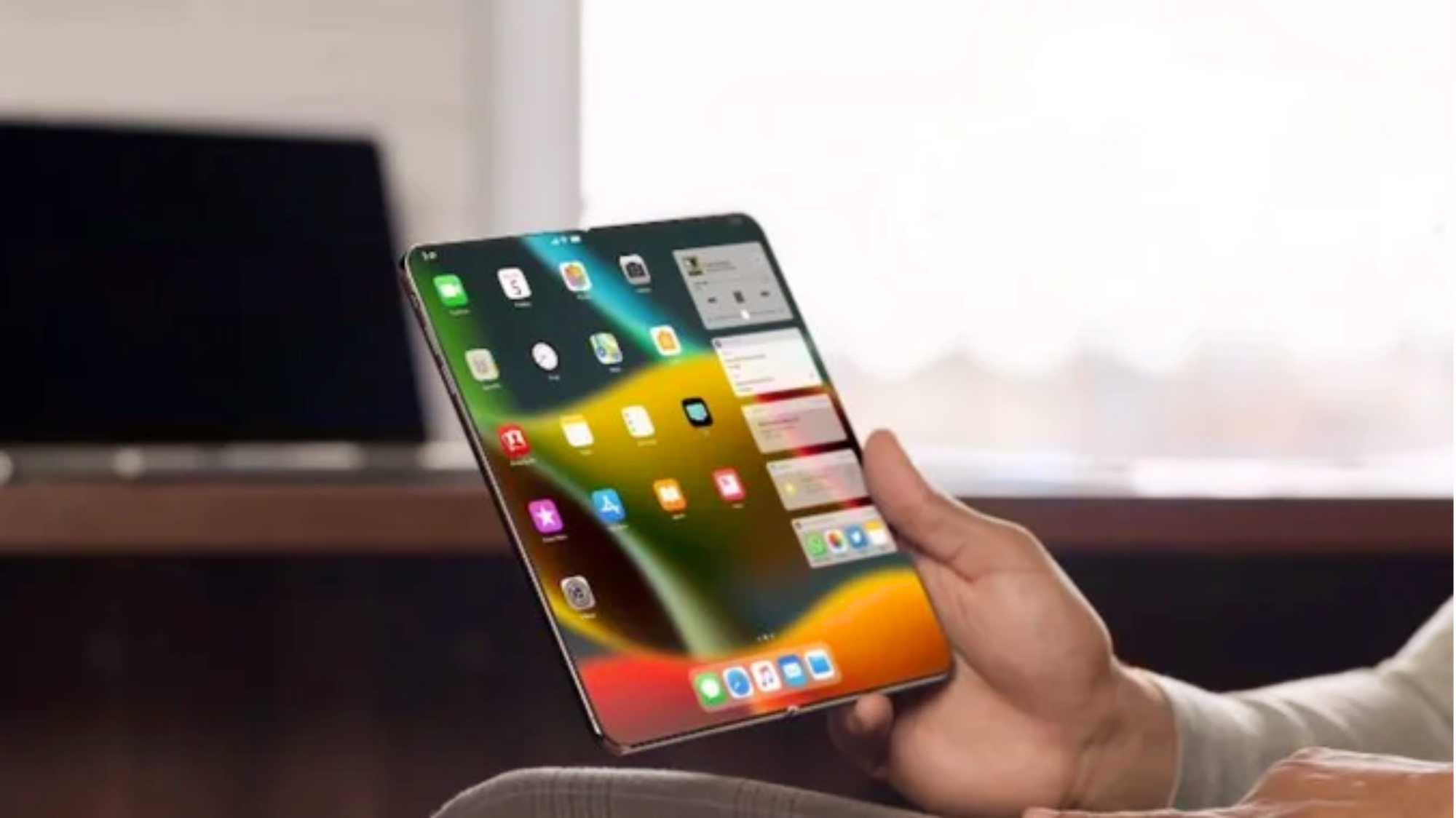iPhone 16 and iPhone 16 Pro design — 5 biggest rumors for the new iPhones
The iPhone's look isn't getting an overhaul, but there are some changes
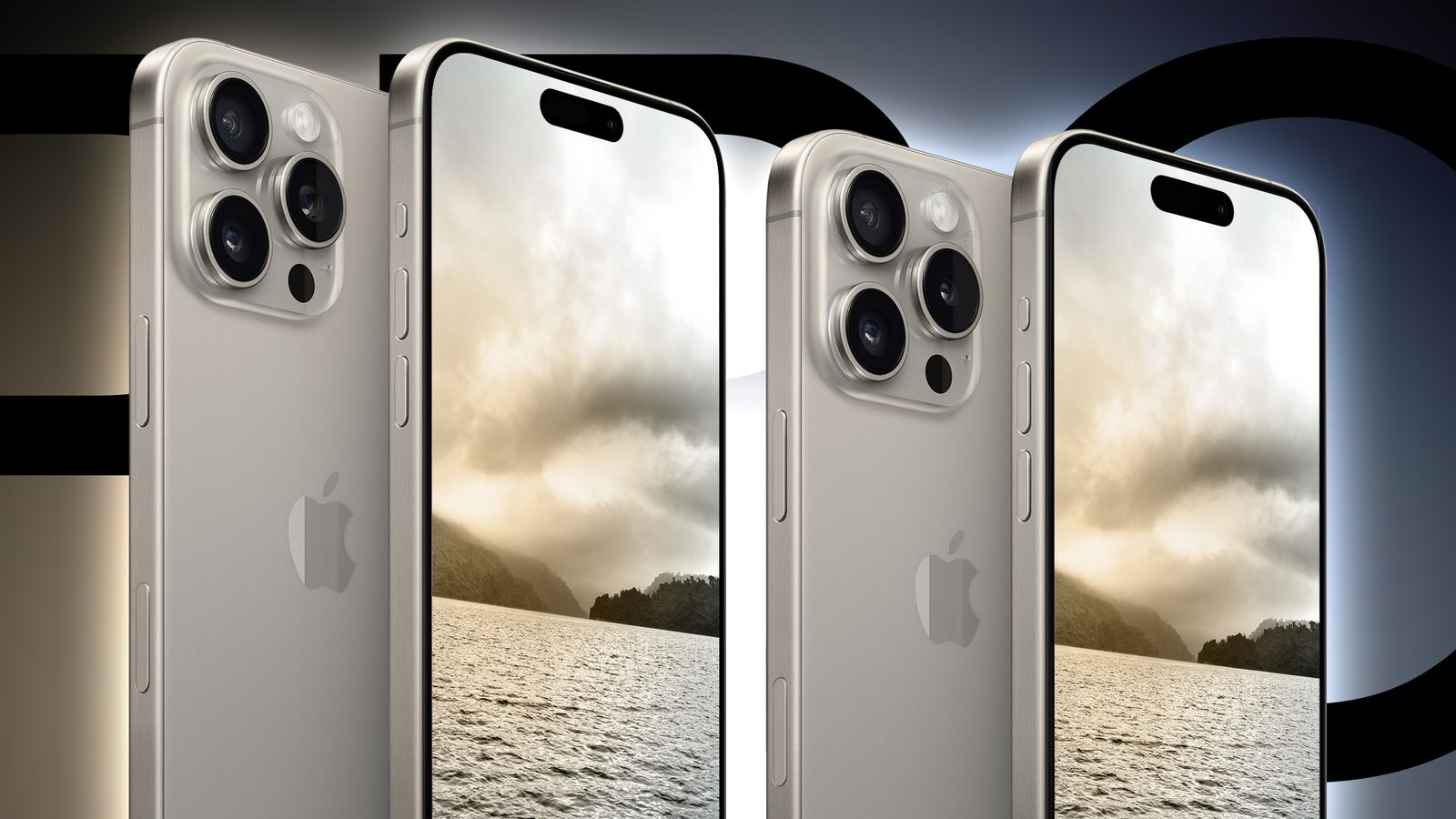
When the iPhone 16 arrives this fall, it's not going to look that different from the iPhone models that came before it. That's the nature of smartphones these days where unless you're showing off a new foldable design — and we're not expecting an iPhone Flip until 2027 — phones don't change all that radically from year to year.
That's not to say there won't be any design differences with the iPhone 16 models, though. Rumors point to a few new additions that — while not radical departures from past iPhones — still could help the new handsets stand out in a crowd. The changes on the iPhone 16 Pro models in particular may be easy to spot.
So here's what we know about Apple's iPhone 16 design plans with the phones' tentative release date still a few months out. These are the biggest design changes rumored for the four new iPhones coming this fall.
Action buttons on every iPhone
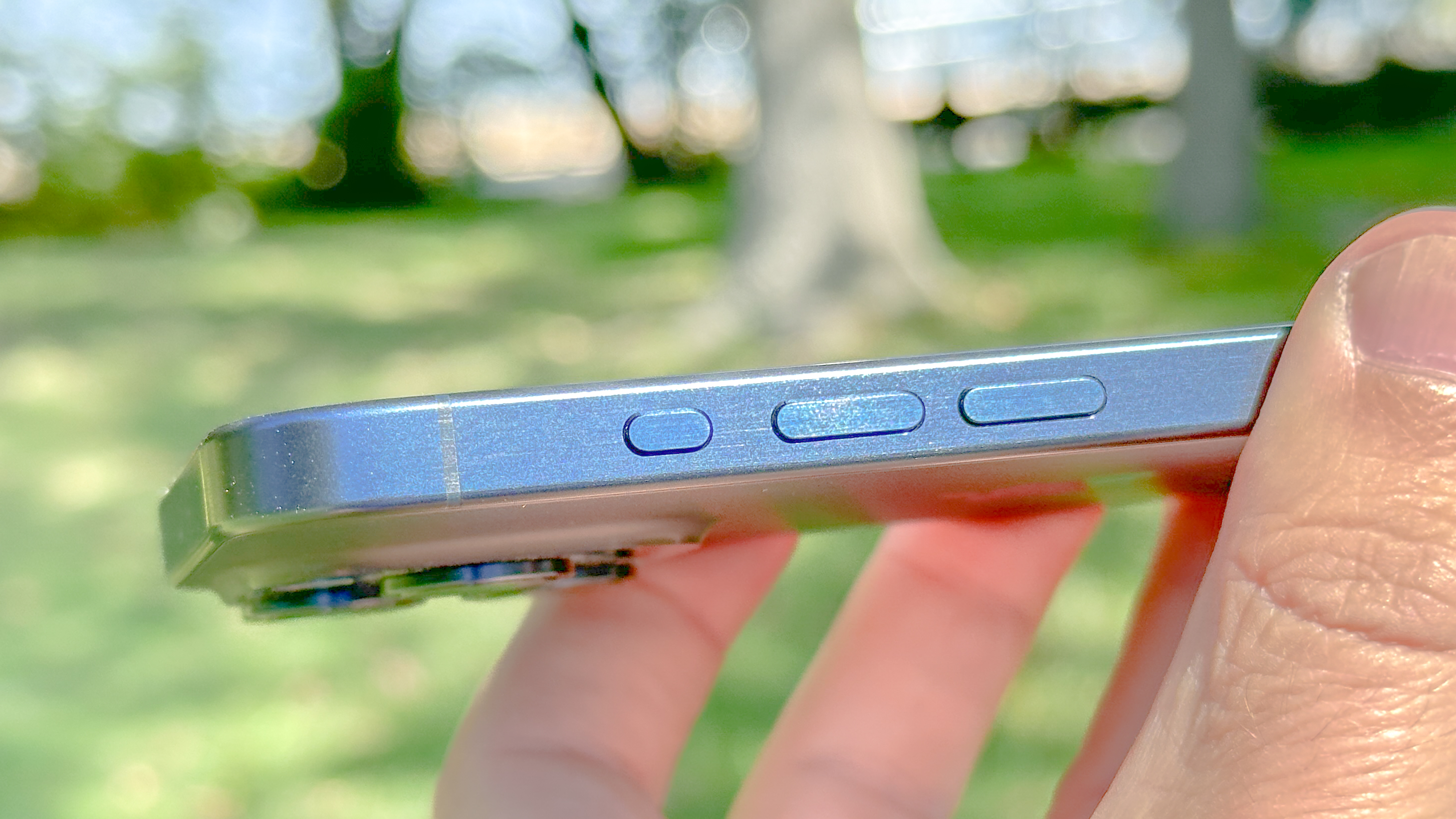
Last year, the iPhone 15 Pro and iPhone 15 Pro Max replaced the mute switch on the side of the phone with a new Action button. Early rumors tip the iPhone 16 and iPhone 16 Plus to follow suit this fall with an Action button of their own.
From what we've heard, the Action button on the iPhone 16 will work much the same as it has on the current Pro models. A long press silences calls, recreating the Mute switch's function, with the phone vibrating to let you know the sound is muted. But from the Settings app, you can also set the Action button to trigger a particular shortcut, whether it's launching an app, turning on the flashlight, starting the voice recorder or performing a specific action within certain apps. You can even tie the Action button to a series of actions you've put together with the built-in Shortcuts app.
What we don't know is if Apple will address the one limitation of the Action button — that fact that it can only be tied to one specific action. It's possible Apple could introduce multiple presses tied to different shortcuts, but if we had to guess, we'd assume Apple will keep things the way they are, as it brings the Action button to more of its phones.
A second button
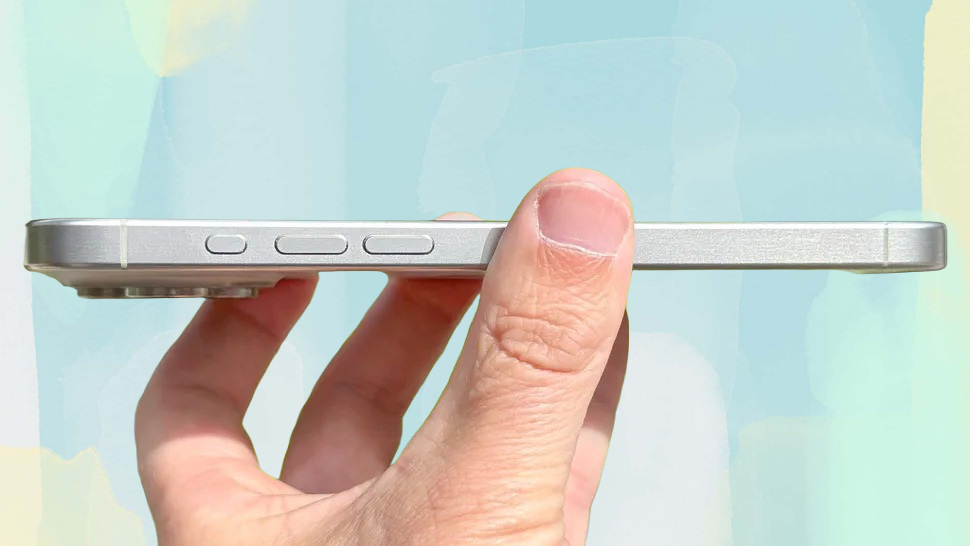
The Action button won't be the only one on the side of this year's iPhones. Apple's rumored to be adding a Capture button, too, and unlike last year's Action button launch, this one should be on every iPhone model from the iPhone 16 to the iPhone 16 Pro Max.
Get instant access to breaking news, the hottest reviews, great deals and helpful tips.
The actual function of the Capture button is unknown, but from its name, we'd guess that it will be a way to launch the Camera app and start taking photos or recording video without having to unlock the phone. In theory, that would free up the Action button to support another shortcut since camera activities would be the province of the Capture button.
There's a bit more detail on where the button would be located — just below the power button, reportedly. Initial reports also suggest the Capture button will be a solid state capacitive button that uses haptic feedback to mimic how a physical button would respond when pushed.
New phone sizes
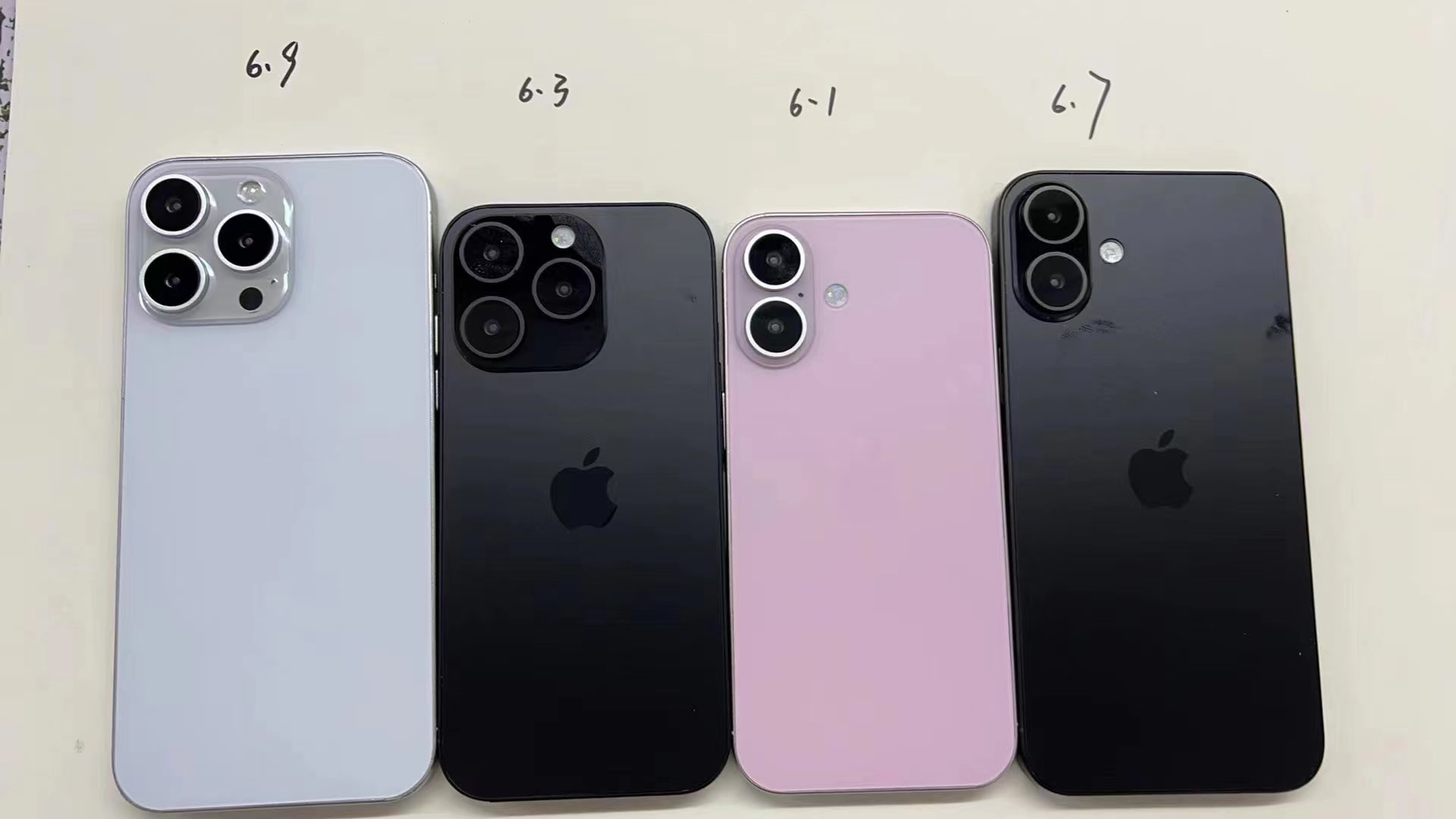
This rumor applies strictly to the iPhone 16 Pro models and will be familiar to anyone who's heard the latest iPhone 16 display rumors. Reportedly, the iPhone 16 Pro and iPhone 16 Pro Max will have larger displays than their iPhone 15 Pro counterparts — 6.3 inches in the case of the Pro and 6.9 inches in the case of the Pro Max.
Under this rumor, the iPhone 16 and iPhone 16 Plus would keep their respective 6.1- and 6.7-inch screens.
The larger screens would require the phones themselves to get bigger (though not as much as you might think, as we'll discuss in our next rumor). The rumored dimensions for this year's phones suggest the iPhone 16 Pro will be 3mm taller and roughly 1mm wider than the iPhone 15 Pro. Likewise, the iPhone 16 Pro Max should expand by similar dimensions, with both phones the same thickness as their predecessors.
Greater physical size adds to the weight of the two new phones, with the iPhone 16 Pro tipped to weigh 7 grams more than the iPhone 15 Pro, and the iPhone 16 Pro Max to pick up an extra 4 grams. The two Pro models are also supposed to have bigger batteries than their predecessors, so that account for the uptick in weight, too.
Smaller bezels on the Pro phones
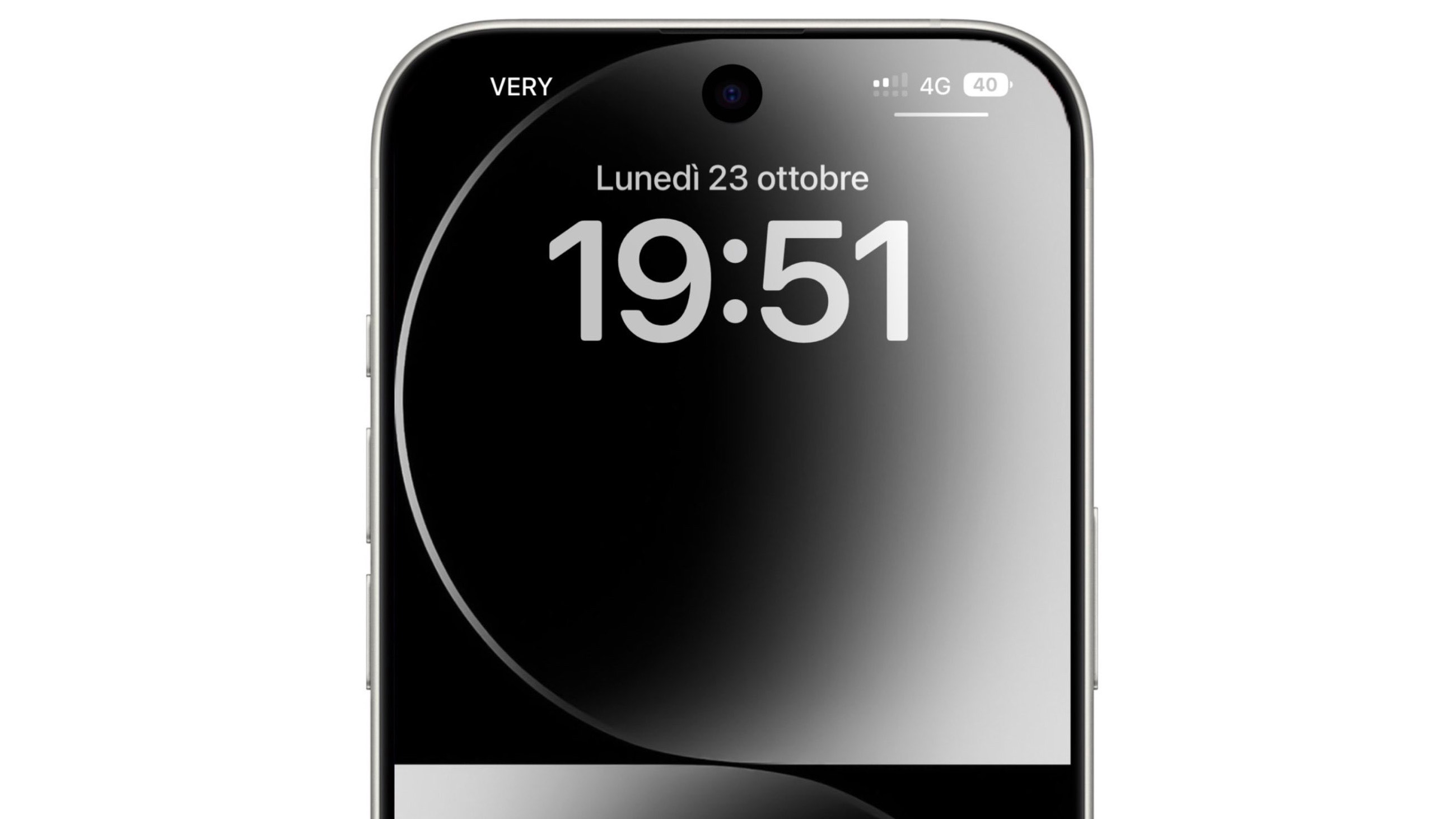
There's one other iPhone 16 Pro-specific change that helps explain how Apple might be able to fit in larger displays with only modest increase to the phones' height and width. Reportedly, both iPhone 16 Pro models will have smaller bezels, with the iPhone 16 Pro in particular featuring the smallest bezels of any phone.
Specifically, the iPhone 16 Pro is supposed to have a 1.2mm bezel while the iPhone 16 Pro Max's bezel shrinks down to 1.15mm. To put that in context, the iPhone 15 Pro bezels measured 1.71mm and those didn't exactly look chunky. Meanwhile, the Galaxy S24 Ultra has a 1.5mm bezel, so Apple would be beating the competition with this change.
It doesn't sound like the iPhone 16 and iPhone 16 Plus are getting similar treatment because the Border Reduction Structure process can be tricky to get right, as it makes the copper wiring beneath a phone's screen more compact. Since it's hard to produce displays in high volumes using this method, Apple is reportedly throwing its weight behind thinner bezels on the Pro models — another difference in our theoretical iPhone 16 vs. iPhone 16 Pro comparison.
Repositioned cameras on the iPhone 16
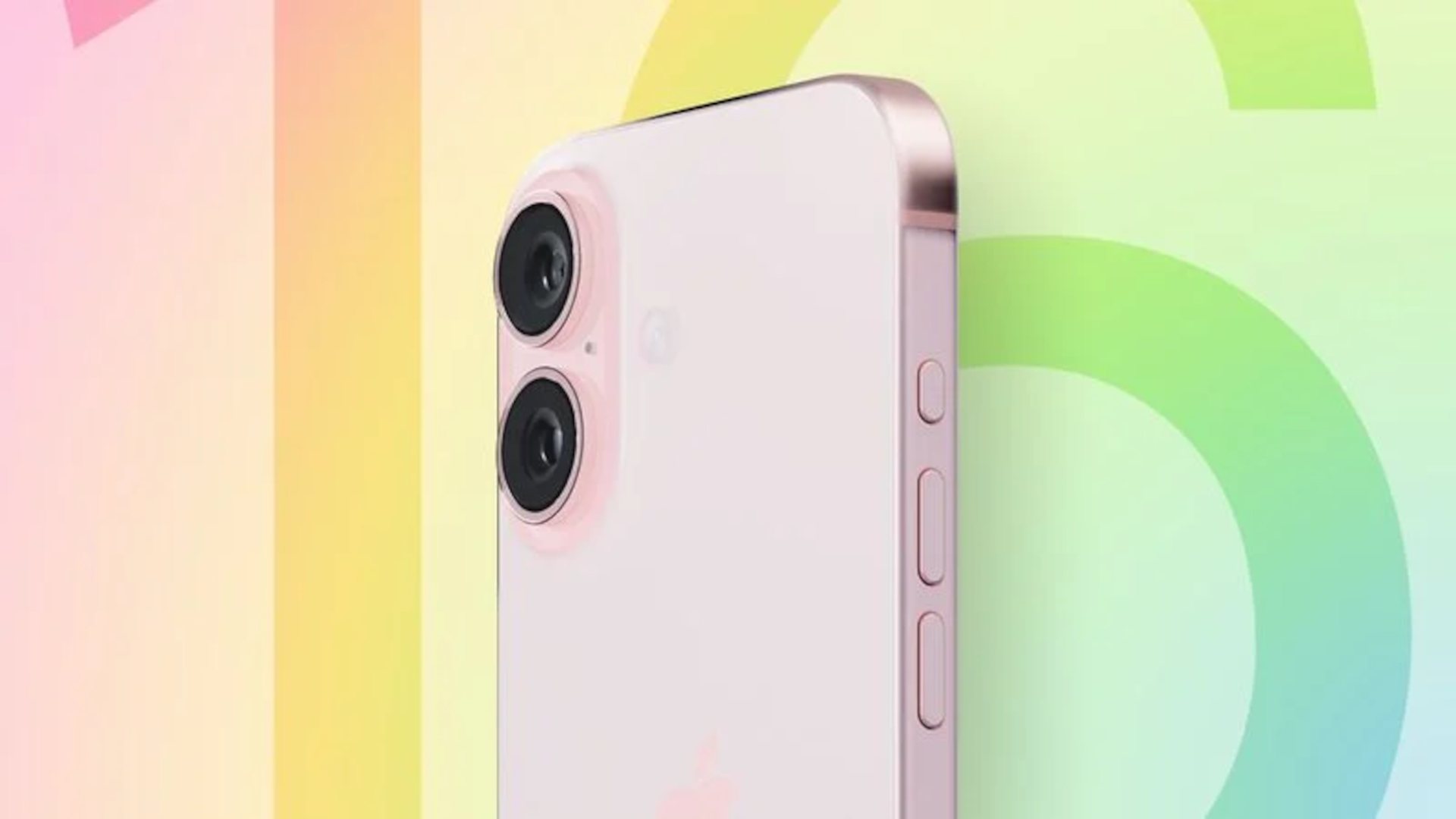
The iPhone 16 and iPhone 16 Plus should feature their own specific design change, and it involves the camera arrays on the back of the phone. On current models, the main and ultrawide lenses are arranged diagonally as they have been since the iPhone 13's debut. The iPhone 16 may go back to vertically stacked lenses, based on leaked renders of the new phones.
There's more than just aesthetic reasons for this redesign. When you record spatial video, you're capturing footage with both the main and ultrawide cameras simultaneously so the final videos have the immersive depth required. That's easier to do with vertically stacked lenses, so consider this move motivated by Apple's desire to have more people capturing spatial video to be viewed on the Apple Vision Pro headset. Every little bit helps when you're trying to convince people to try out a $3,499 device.
More from Tom's Guide
- How to record spatial video on your iPhone
- iOS 18: Possible release date, new features, supported devices and more
- iPhone 16 Pro vs. iPhone 15 Pro: Biggest changes to expect
Philip Michaels is a Managing Editor at Tom's Guide. He's been covering personal technology since 1999 and was in the building when Steve Jobs showed off the iPhone for the first time. He's been evaluating smartphones since that first iPhone debuted in 2007, and he's been following phone carriers and smartphone plans since 2015. He has strong opinions about Apple, the Oakland Athletics, old movies and proper butchery techniques. Follow him at @PhilipMichaels.




